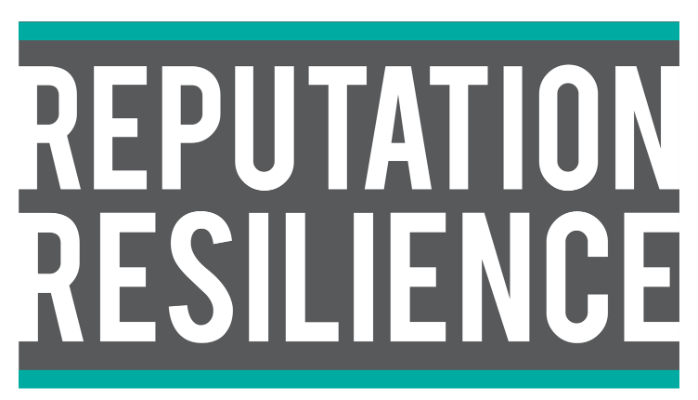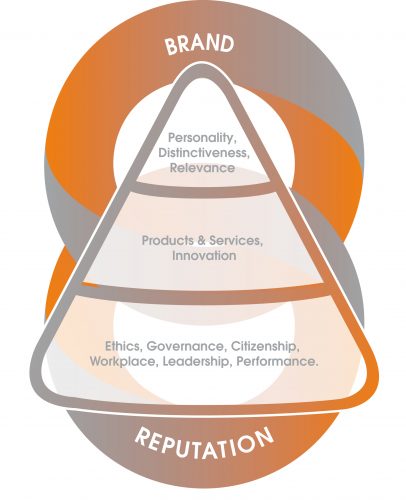
Schillings’ view: Six reputation management must-dos
Taken from a recent ‘Reputation Resilience Report’ from the law firm Schillings which reports into the resilience of corporate reputation from the perspectives of the equity analysts, private equity funds and institutional fund managers whose opinions and reviews have the biggest direct impact on corporate valuation of any stakeholder group. These are the summary must-dos:
-
Evidence leadership’s involvement
Analysts and investors are looking to a company’s leadership to take responsibility for reputation risk management. To illustrate how leadership are taking this seriously, companies should: evidence the leadership’s involvement and interest in company communications; allocate responsibility for reputation management to an existing committee or establish a separate sub-committee reporting directly to the board and chaired by a board member; and assign accountability to a non-executive director.
-
Ensure the reputations of the leadership team are beyond reproach
With the eyes of the investment community firmly focused on the management team, the reputations of board members are becoming inextricably linked to the reputation of the business. With cost-effective tools available, companies should ensure they are conducting digital due diligence on all board members current and new. There should also be specific privacy and cyber risk programmes in place to protect current board members.
-
Create a reputation management system
Alongside crisis management systems – that help speed the recovery of a business after a crisis – implement a reputation management system to ensure there is a process for identifying and managing reputation risks. The system should include a plan to handle how the company’s ability to protect itself is perceived by external stakeholders
-
Employ a reputation risk manager
With reputation risk management requiring action from several different parts of the business there is a rising need for a dedicated role to take responsibility for the subject and corral the contributing departments together. Nominating or employing a person in this role is fast becoming a necessity rather than a nice to have.
-
Speak up before being asked
With analysts and investors actively looking for evidence of reputation management, businesses can help themselves by making sure information on the subject is more frequently and more obviously available.
Nothing will compare to leadership talking about reputation in direct discussions with the investment community and other stakeholder groups, so ensure CEOs and board members are provided with reputation management briefings ahead of discussions with analysts and investment managers.
-
Prove that you understand the consequences of reputation damage
Analysts and investors want to understand how business decisions have been correlated to reputation risk. Companies need to conduct reputation impact assessments in parallel with business case development. In doing so, product and service innovations or other strategic actions will be more likely to land in the media in the right way and be resilient to attacks from pressure groups.

